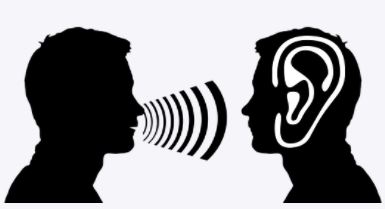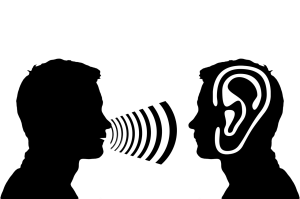“Opinion Leaders” in Japan
What is Opinion Leaders?
By an Australian female living in Tokyo
When I first started working in Japan, someone asked me how to translate a Japanese term into English. The term, written in katakana, was “opinion leader.” I didn’t quite know what it meant. How could someone be an opinion leader? There are specialists whose opinions are solicited on their areas of expertise just as sports or political columnists, but certainly no one is an opinion leader on everything. But in Japan, there is a category of people who appear on television talk shows as “commentators” and speak out on their views about all types of current affairs. They are usually famous novelists, journalists, lawyers, and doctors but they express opinions about topics they have no expert knowledge of. Yet people listen.
Longtime ago, then top celebrity Tsuyoshi Kusanagi was arrested for singing while naked and drunk at a city park around 3 am. At first he was bashed in the media, and labeled a criminal. Corporate sponsors pulled all his advertising campaigns and television stations edited out scenes with him in them.
But then a well-respected journalist Shuntaro Torigoe pointed out how irrational the Kusanagi bashing was. The man was drunk and acted immaturely. Although he was publicly nude, no one else was at the park. It was not like he was exposing himself to young children which the initial headlines of “Naked Kusanagi Arrested for Indecent Exposure” suggested. The police made him take a urine test and even raided his home on suspicion of narcotics. After thorough investigation, no drugs were found.
Torigoe pointed out that embarrassing behavior by drunks is not so uncommon in Japan. He has been publicly humiliated enough, said Torigoe and then called for sympathy for the disgraced star. Almost immediately, the media and the general public changed sides. His ban on public appearances was shortened. No charges would be pressed against him. But until someone as well respected as Torigoe spoke up, even those who felt sorry for Kusanagi did not defend him. It is easier to condemn than to defend when someone steps out of line.
I am bringing up this incident because Japan introduced a jury system this year. A panel of six jurists chosen from the general public hands down verdicts and sentences alongside three professional judges. One major purpose of introducing this system is to speed up and simplify the judiciary process in Japan which has long been criticized as too complicated and time-consuming. By making laws understandable to the general public, it aims to simplify and speed up Japan’s legal system.
Influenced by Opinion Leaders

Up until now, on many issues, many Japanese people have relied on “opinion leaders” rather than develop their own opinions. It is no wonder that on a government survey, over 60% of people expressed concern about their ability to judge the fate of someone. In the 600 mock trials that have been conducted, citizen judges are handing out harsher sentences than the professional ones. A jury system in Japan requires much education to get jurists to decide based on facts and legal process rather than on emotions and slanted media reports.
Biased media reports effecting citizen judges is a major concern. Initially, the government considered banning the press from criminal trials. But media associations vowed to be more responsible and newspaper publishers, television, and radio broadcasters created a guideline for themselves. The guideline encourages the media to identify information source rather than rely on the commonly used “sources familiar with the matter.” Also, the guideline emphasizes that media should exercise caution when describing a suspect’s past history and interviewing anonymous neighbors to solicit personal opinions of the person. These are steps in the right direction.
But I believe that as more ordinary people participate and are educated to be jurists, there will be a change in people holding and expressing personal opinions regardless of what opinion leaders are saying. When I travel to other countries, I am always impressed by how taxi drivers will express their political opinions so freely. It doesn’t matter whether I agree with their opinions. It is such a grand display of democracy.
More people will realize the importance of making judgement based on rationality rather than emotions. Participating in legal decisions will create more responsible citizens. But for now, I don’t foresee “opinion leaders” being extinct in Japan any time soon.


